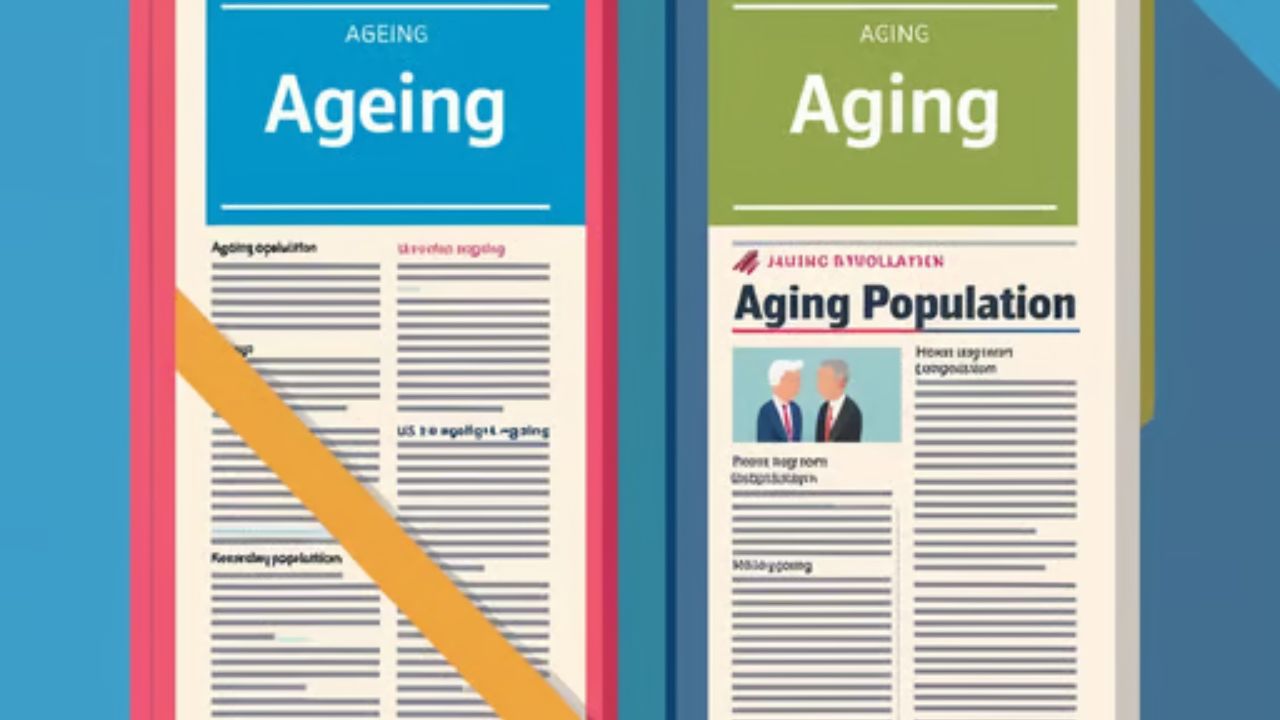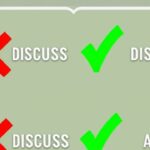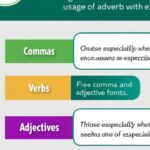Ageing vs Aging shows how English spelling changes by region. In the UK and Australia, people write ageing with an extra “e.” In the USA and Canada, the simpler form aging is standard. Both mean the process of growing older.
Writers use ageing in formal reports, newspapers, and government documents in British English countries. Meanwhile, aging appears in American books, medical papers, and magazines. Choosing the right form helps writing look neat, professional, and easy for readers to understand everywhere.
The difference started long ago when Americans wanted shorter spellings. British writers kept the traditional ageing. Knowing this helps students, teachers, and writers use correct words in different places. Using the right form shows careful, polished writing.
Spelling Showdown: “Ageing” vs. “Aging”
| Spelling | Region/Common Usage | Example |
| Ageing | UK, Australia, New Zealand | The ageing population is growing. |
| Aging | United States, Canada | Aging affects everyone eventually. |
Spelling Showdown: Ageing vs Aging shows the difference between British and American English. In the UK, people write ageing with an extra “e,” while Americans use aging without it. Both words describe getting older and are correct in their regions.
Writers follow rules for different countries. Ageing appears in British newspapers, reports, and schools. Aging shows up in American books, magazines, and healthcare papers. Using the right spelling keeps writing professional, clear, and easy for everyone to read and understand.
Why the Spelling Split Exists
The spelling difference exists because British and American English developed differently. Americans wanted simpler forms, so they dropped extra letters. This change made aging shorter, while British English kept the traditional ageing. Both versions mean getting older and are correct in their regions.
Noah Webster, an American writer, influenced many words. He made spelling easier for schools and books in the USA. British writers continued using older forms like ageing. Understanding this history helps students and writers use the right word for their country or audience.
- The spelling split started when Americans wanted simpler words, dropping extra letters. This made aging shorter than the British ageing.
- Noah Webster, an American writer, created rules to make English easier for schools and books in the USA.
- British English kept the traditional forms like ageing, following older spelling rules.
- Today, the difference shows which country or audience the writing is meant for, keeping text clear and professional.
Common Spelling Pairs
| British English | American English |
| Colour | Color |
| Ageing | Aging |
| Travelling | Traveling |
| Realise | Realize |
| Centre | Center |
Usage in American English: Why “Aging” Dominates
In American English, “aging” is the only accepted spelling. You’ll see it used in newspapers, medical journals, government policy, and advertising.
See also : Ingrained vs Engrained: What’s the Correct Spelling?
Major Style Guides and Their Preferences
| Source | Preferred Spelling |
| AP Stylebook | Aging |
| Merriam-Webster Dictionary | Aging |
| Chicago Manual of Style | Aging |
| U.S. Department of Health | Aging |
- The AP Stylebook prefers aging for all American writing.
- Merriam-Webster Dictionary lists aging as the standard U.S. spelling.
- The Chicago Manual of Style uses aging in books and formal papers.
- U.S. government publications, like the CDC, also follow aging in reports and health documents.
British, Australian, and Commonwealth English: The Case for “Ageing
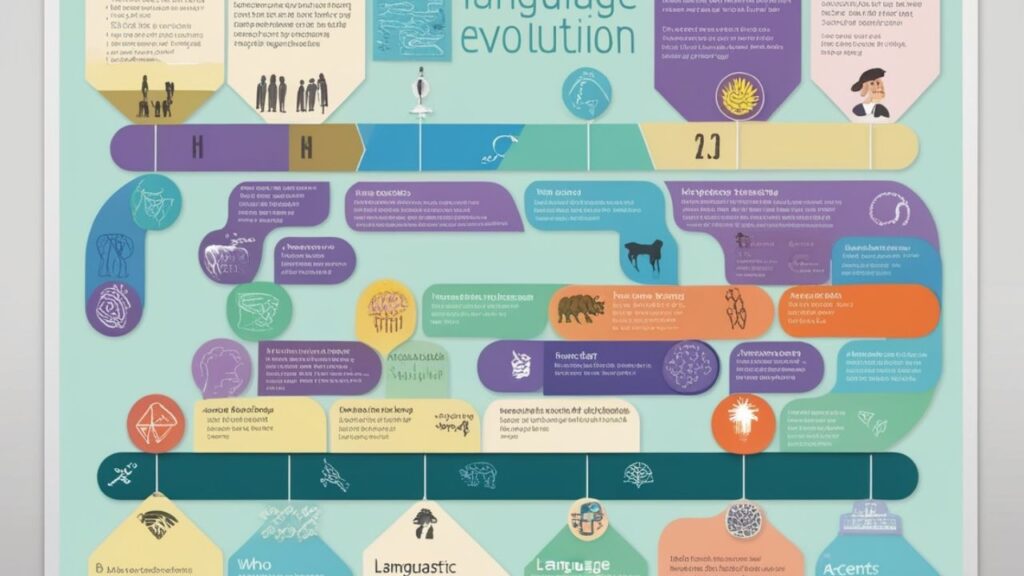
- Countries like the UK, Australia, and New Zealand use ageing in newspapers, reports, and official documents.
- Ageing appears in government publications, research papers, and health programs in these regions.
- British style guides and institutions, such as the BBC and NHS, follow ageing consistently.
- Using ageing shows proper spelling and keeps writing clear and professional for readers in these countries.
Examples from Major Sources
| Region | Primary Spelling Used |
| United Kingdom | Ageing |
| Australia | Ageing |
| New Zealand | Ageing |
| South Africa | Ageing |
| India (formal use) | Ageing |
Many important sources show the difference in spelling. In the UK, newspapers and government reports use ageing, while American sources like magazines and health organizations use aging. Both forms are correct for their regions and widely recognized in writing.
Global organizations follow different rules too. The World Health Organization often uses ageing, and the CDC in the USA prefers aging. Choosing the right form helps readers understand the text clearly and keeps writing professional and accurate across countries.
“Aging” vs. “Ageing” in Global Publications
| Publication | Region | Spelling Used |
| The New York Times | USA | Aging |
| The Guardian | UK | Ageing |
| World Health Organization | International | Ageing |
| Centers for Disease Control | USA | Aging |
| BBC | UK | Ageing |
| Canadian Broadcasting Corp. | Canada | Aging |
Different publications around the world follow their own spelling rules. UK newspapers and international health reports often use ageing, while American newspapers and journals prefer aging. Both are correct and accepted in their regions, showing how English changes globally.
Global institutions reflect these patterns too. The BBC and UK health departments use ageing, while the CDC and U.S. magazines write aging. Following the right spelling helps readers understand the content and keeps writing professional across different countries.
Grammar and Function: Adjective, Gerund, Verb
Both “aging” and “ageing” serve multiple grammatical roles. Context determines the function – not the spelling.
As an Adjective
- Aging or ageing can describe people or things getting older, like an aging rock star or ageing building.
- The word shows the condition or state of something over time.
- Using it correctly makes writing clear and easy to understand for readers.
As a Verb (Present Participle)
- Aging or ageing can show an action happening now, like “She is aging gracefully.”
- It works as the present participle of the verb “to age.”
- Using it this way explains how someone or something changes over time clearly.
As a Gerund (Noun Form)
| Grammatical Role | Example (Aging) | Example (Ageing) |
| Adjective | The aging process is complex. | The ageing brain requires care. |
| Verb | She is aging fast. | He is ageing quickly. |
| Gerund | Aging isn’t reversible. | Ageing should be embraced. |
- Aging or ageing can act as a noun, like in “Aging is a natural process.”
- It talks about the process of getting older instead of describing action.
- Using it this way helps readers understand the topic clearly and easily.
Language Evolution and Modern Trends
English spelling changes over time because of technology and communication. Autocorrect and online tools often suggest aging even for British writers. Modern trends show that writing adapts to fast communication, making certain forms more common in digital media.
Language tools help keep writing consistent. Programs like Grammarly let writers choose British English or American rules. These tools support correct spelling and make reading easier. Writers can follow trends while using traditional forms like ageing in formal and official documents.
- Technology and fast communication make aging more common in digital writing, even in the UK.
- Tools like autocorrect and Grammarly often suggest American spelling unless settings are changed.
- Writers can choose ageing or aging based on audience, keeping text correct and professional.
How to Choose: Context, Audience, and Consistency
The golden rule? Know your audience and stay consistent.
When to Use “Aging”:
| Audience | Use This Spelling |
| U.S. readers | Aging |
| UK/Commonwealth | Ageing |
| Global NGOs | Ageing |
| Academic Journals | Depends on region |
- Use aging when writing for readers in the USA or Canada.
- Follow American style guides like the AP Stylebook or Chicago Manual of Style.
- Include aging in newspapers, medical papers, and U.S. government reports.
See also : Brite vs Bright: Meaning, Definition & Correct Spelling
When to Use “Ageing”:
- Use ageing when writing for the UK, Australia, or other Commonwealth countries.
- Follow British style guides, like Oxford or government publications.
- Include ageing in newspapers, health reports, and official documents in these regions.
Easy Memory Hacks to Remember the Difference
- Remember Ageing = England – both have an “e” to link them together.
- Think Aging = America – shorter, like many American spellings.
- Picture ageing as formal and traditional, and aging as simple and modern.
Real-World Usage: Examples Across Contexts
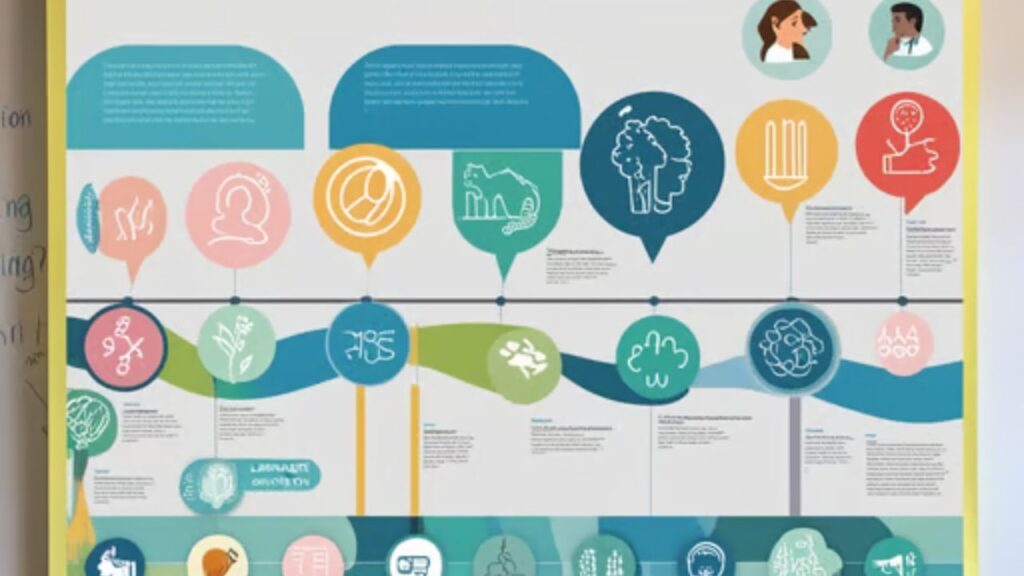
In Healthcare
- In the UK, health programs use ageing, like “Healthy Ageing” by the NHS.
- In the USA, medical reports use aging, such as the “Healthy Aging Program” by the CDC.
- Using the right spelling helps readers understand health information clearly and correctly.
In Marketing
- In the UK, marketing uses ageing, like “Anti-ageing cream with retinol.”
- In the USA, advertisements use aging, such as “Anti-aging skincare for sensitive skin.”
- Choosing the correct spelling helps products look professional and clear to customers.
In Academia
- British academic journals use ageing, like the British Journal of Ageing Studies.
- American academic papers use aging, such as The Journals of Gerontology in the U.S.
- Using the correct form keeps research clear, professional, and easy for readers to follow.
Conclusion
Choosing the correct spelling depends on where the writing will appear. UK and Commonwealth countries use ageing, while the USA and Canada use aging. Using the right form keeps text clear, professional, and easy for readers to follow.
Consistency matters in all writing. Sticking to one form shows care and makes reading smooth. Understanding the history and rules behind ageing and aging helps students, teachers, and writers create polished, accurate work across different regions and publications.
Bonus: Trusted Resources and Tools
- Merriam-Webster lists aging as the standard U.S. spelling.
- The BBC News Style Guide follows ageing for British English.
- UK Government Publications and style guides use ageing consistently in official documents.
FAQs
Which is correct aging or ageing?
Both are correct. Ageing is used in the UK and Commonwealth countries. Aging is preferred in the USA and Canada for the same meaning.
Should it be ageing or aging?
Use ageing for British English contexts and aging for American English contexts. Both words describe the process of getting older.
What is the meaning of ageing?
Ageing means the process of becoming older, whether for people, animals, or objects, and shows natural physical or biological changes over time.
Is it aging or ageing in Canada?
In Canada, aging is commonly used, following American spelling conventions in newspapers, government reports, and medical publications.

Join Bibcia on a journey to master English grammar. Discover easy lessons, writing tips, and practical examples designed to make learning grammar simple and effective.
